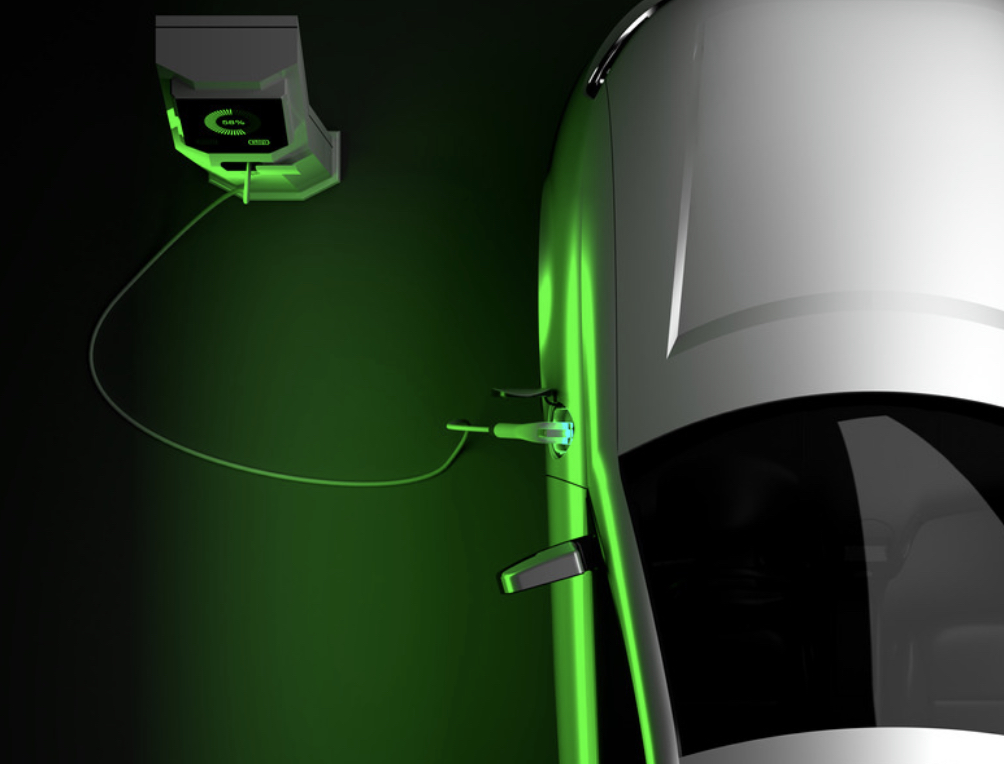The ecological transition in Canada: towards a ban on new gas-powered cars by 2035
It is time to plan and make investments in the ecological transition in Canada. By 2035, sales of new gasoline-powered cars will be banned entirely, in line with the country’s goals for reducing greenhouse gas emissions. This major step is an important step towards a more sustainable future, but it also requires awareness and behavioral changes on the part of citizens and businesses.
You can now receive lump sum financial assistance of $600 to purchase and install a 240-volt home charging station. Before choosing a station, be sure to check the list of stations eligible for the program. Please also note that only long-term electric vehicle owners or lessees are eligible to apply for a refund. Make sure the invoice is in your name and check the program terms.
When you have chosen your charging station, plan the installation keeping in mind that the electrical work must be carried out by an electrical contractor authorized by the Régie du bâtiment du Québec, in accordance with the Quebec Building Code. Get an estimate of charging station installation costs by contacting electricians in your area.
If you’re ready to take action, follow the refund request process. This important step will allow you to facilitate your transition to a more ecological and sustainable way of life.
Below are the main conditions to be met in order to be eligible for reimbursement for a home charging station. There are other conditions and obligations that apply, which you can find in the normative framework of the program. Please see the PDF document for more information.
The refund request must relate to a home charging station that appears on the list of eligible stations. To appear on this list, the terminal must be new, be qualified as level two in alternating current and have been approved by certification from an accredited body. Stations approved by special assessment under SPE-1000 can no longer be added to the list of eligible stations.

The applicant must own or lease an all-electric vehicle, plug-in hybrid vehicle or electric motorcycle, whether new or used. In the case of a used vehicle, the name of the owner of the vehicle and the address of installation of the charging station must be different from the previous requests associated with this vehicle.
The purchase of the station must be made before submitting the request and the charging station must be new (a station used for demonstration purposes is not considered new when it is resold).
As a proud owner and driver of an electric car, I can assure you that it is a real pleasure to no longer be dependent on gas stations! Every day, I leave behind the wheel of my car with a full charge, and I am delighted to be able to take full advantage of my trips with complete peace of mind.
Jean-François Camiré

IT’S OFFICIAL: Quebec has passed the milestone of 150,000 electric vehicles on the road! As of July 31, 2022, 151,687 electric and plug-in hybrid cars were proudly driving on our roads. Are you considering buying a new or used electric vehicle? Join the movement for a more sustainable future today!
TERMINAL 240 volts
The 240-volt electric terminal makes it possible to quickly recharge electric vehicles, thus reducing the charging time compared to a standard socket. This practical solution is available as a fixed or portable bollard, for easy installation in a garage or outdoors.
Cependant, il est essentiel de faire appel à un maître électricien pour l’installation d’un nouveau circuit électrique de 240 volts dans un bâtiment. Cette prise est similaire à celle utilisée pour les sécheuses, les cuisinières ou les soudeuses. Il est également possible d’utiliser une prise de 240 volts existante, comme une prise de soudeuse, pour brancher une borne de recharge portable.
However, it is essential to hire a master electrician when installing a new 240 volt electrical circuit in a building. This outlet is similar to that used for clothes dryers, stoves or welders. It is also possible to use an existing 240 volt socket, such as a welder socket, to connect a portable charging station.
The costs
If you are looking to estimate the costs of purchasing and installing a 240 volt charging station, it is important to consider the following factors. The purchase cost can vary from $600 to $1,300, while the installation can cost between $400 and $1,100 (excluding taxes). In general, the total cost for the purchase and installation of the charging station is around $1,500. However, if you need to replace your electrical distribution panel or bury the wiring, the costs may be higher.
To obtain a reasonable price, it is recommended to request quotes from several qualified contractors. Don’t let cost keep you from enjoying the benefits of home charging.

If you are ready to request a refund, please follow the procedure below.






